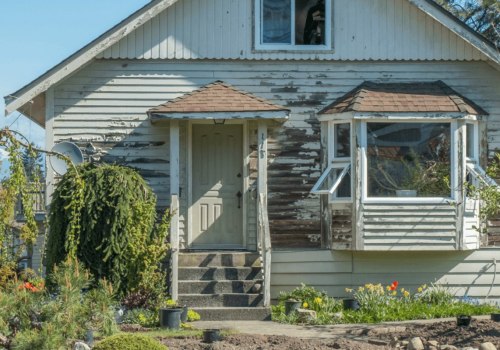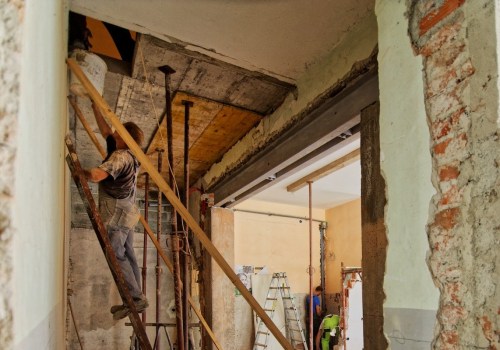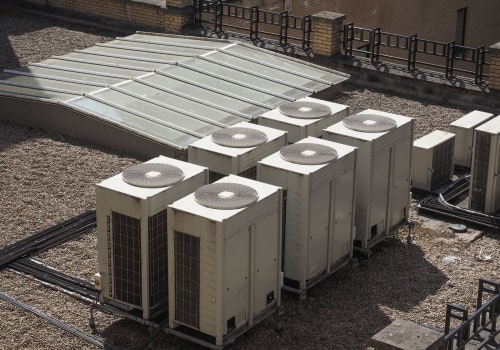Fix and flip loans are a type of short-term financing designed specifically for real estate investors who purchase properties with the intent to renovate and sell them for a profit. These loans cater to the needs of property flippers who require quick access to funds to purchase, repair, and resell homes within a short timeframe. Unlike traditional mortgages, fix and flip loans offer flexibility and fast approval processes, allowing investors to capitalize on opportunities quickly in the competitive real estate market. However, understanding the specifics of these loans, including how they work, their benefits, and potential drawbacks, is crucial for investors seeking to maximize their returns while minimizing risks.
How Do Fix and Flip Loans Work?
Fix and flip loans are structured to provide investors with the capital needed to acquire and renovate a property. The loan typically covers both the purchase price and the estimated costs of repairs and improvements. Once the property is sold, the investor repays the loan, ideally making a profit from the difference between the total investment and the resale value. These loans are generally short-term, ranging from six months to two years, reflecting the timeline needed to buy, renovate, and sell the property. Lenders often base their approval on the property’s potential after-repair value (ARV) rather than its current condition, which allows investors to secure financing based on the property’s future worth after renovations.
Benefits of Fix and Flip Loans
One of the main advantages of fix and flip loans is the speed of approval and funding. Traditional mortgages can take weeks or even months to process, but fix and flip loans are designed to close quickly—often within days. This quick access to funds allows investors to act swiftly, securing properties that might otherwise be lost to competitors. Additionally, these loans are typically structured with interest-only payments during the renovation period, reducing the borrower’s monthly expenses and enabling them to focus their resources on property improvements. The flexibility of fix and flip loans also extends to the types of properties covered; they are often available for distressed properties, foreclosures, or homes that need significant repairs—situations where traditional financing might not be applicable.
Types of Fix and Flip Loans
Several types of fix and flip loans are available, each with its own structure and benefits. Hard money loans are among the most common. These loans are provided by private lenders and are secured by the property itself rather than the borrower’s credit history, making them accessible even for investors with less-than-perfect credit. Hard money loans typically have higher interest rates but offer quick approval and flexibility, making them ideal for short-term projects.
Another option is a bridge loan, which is designed to provide interim financing until a long-term loan is secured or the property is sold. Bridge loans are particularly useful for investors who already own properties and need quick funds to transition into a new project. Some lenders also offer rehab loans, which are specifically tailored for properties that require significant renovations. These loans may offer higher borrowing limits to cover extensive repair costs, making them suitable for larger projects.
Qualification Requirements
The qualification process for fix and flip loans differs from traditional mortgages. Lenders focus less on the borrower’s credit score and more on the property itself and the investor’s experience in real estate. Having a history of successful property flips can increase the chances of approval and even lead to better loan terms. Additionally, lenders assess the property’s ARV and may require a detailed renovation plan and budget to ensure the project is feasible and profitable. Down payments for fix and flip loans tend to be higher, often ranging from 20% to 30% of the property’s purchase price, as lenders seek to mitigate risks associated with short-term financing.
Risks and Drawbacks
While fix and flip loans offer many benefits, they also come with risks and potential drawbacks. One significant risk is the high interest rate associated with these loans. Due to their short-term nature and the higher risk for lenders, fix and flip loans often have higher interest rates compared to traditional mortgages. Investors must carefully calculate whether the potential profit from the property flip will offset these costs. Additionally, if a property takes longer to renovate and sell than expected, investors may face financial strain due to extended interest payments and the pressure to repay the loan within its term.
Another risk is the variability of the real estate market. If market conditions change unexpectedly, such as a decline in property values or a slowdown in home sales, investors may struggle to sell the renovated property at a profit. It’s crucial for investors to have a backup plan, such as renting the property temporarily or securing additional financing, to manage such situations.
Collaborating with Professionals
To maximize the success of a fix and flip project, investors often collaborate with a team of professionals, including contractors, real estate agents, and inspectors. A reliable contractor is essential for completing renovations on time and within budget, while a knowledgeable real estate agent can help market and sell the property quickly. Working with roofing and construction experts like H&L Roofing can also be beneficial, especially when tackling projects that involve significant roof repairs or improvements. Ensuring that these key elements of the home are professionally inspected and repaired enhances the property’s value and appeal, making it easier to sell at a profitable price.
Is Fix and Flip Financing Profitable?
When done right, fix and flip loans can be highly profitable. They allow investors to leverage short-term financing to acquire, renovate, and sell properties for a profit, often within a matter of months. However, profitability depends on careful planning, market research, and the ability to manage projects efficiently. Investors need to accurately assess the costs of renovations, including labor, materials, and carrying costs, and compare these against the property’s ARV. By staying informed about market trends and potential property values, investors can minimize risks and maximize returns.
Conclusion
Fix and flip loans offer real estate investors a powerful tool for quickly acquiring and improving properties. Their fast approval process and flexibility make them suitable for short-term projects, but investors must be aware of the high interest rates and market risks involved. By partnering with experienced professionals, conducting thorough market research, and maintaining detailed renovation plans, investors can turn fix and flip loans into profitable ventures. With the right strategy and careful management, these loans provide the financial leverage needed to succeed in the competitive world of real estate flipping.



